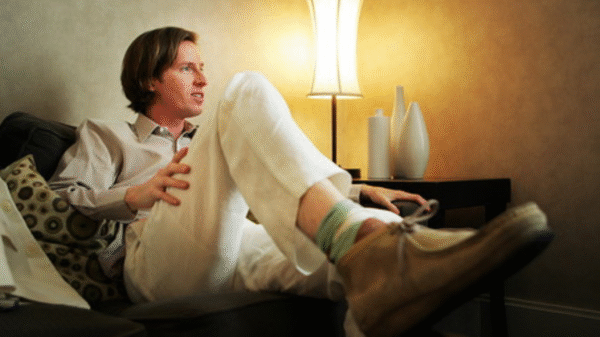Staff writer Anoushka Sinha outlines some of the difficulties faced by those who suffer from chronic illness and the lack of attention their suffering receives.
Public awareness of the difficulties faced by individuals with chronic illnesses is growing, leading many to consider faults in the medical system. In the UK, people are well aware of the plummet of the NHS and the exponential rise in waiting times. However, if one were to look at medical systems from a wider perspective, what would they see?
In the US, individuals with chronic diseases spend over five times more on healthcare than their peers. This cost is particularly difficult to cover when one considers the relatively low amount of paid medical leave available, the extreme fatigue felt by many patients and the lack of government intervention.
The statistics are particularly telling. New research conducted by the American Journal of Medicine reports that 42% of new cancer patients exhaust their entire savings less than two years after starting treatment. Unlike their American counterparts, it does not seem as common for British cancer patients to lose their life savings. However, MacMillian Cancer Support found that 83% of cancer patients in the UK face a financial loss of £570 every month.
The cost of chronic illnesses is expected to be the same in both countries, if not more, due to the incurable nature of diseases like Crohn’s or endometriosis. It is not only that patients must contend with paying for medical treatments. They must also keep up with additional costs. These can include trips to the hospital, using heating for longer periods of time or carrying out changes to their lifestyle and diet.
In the UK, there is some support for people with chronic illness or hidden disabilities with the Personal Independence Payment or Disability Living Allowance.
Despite this, in a survey conducted by Roar, two in three individuals with chronic illnesses reported feeling financially burdened or constrained by their illness. In addition, three-quarters of respondents believed their weekly spending was significantly more than that of the average person. The survey was filled out by people from across the world; the majority were British, with 56% being treated in the UK and 38% having been diagnosed in the UK.
In spite of this, only 19% said that their treatment was covered by a national healthcare system such as the NHS. In fact, as many as 38% chose to pay for their own treatment despite having such a system available. This is unsurprising given the increase in waiting times and the increase in the number of patients requiring treatment since the pandemic.
No wonder people with chronic illnesses feel financially constrained!
The survey also found that the wait time for diagnosis was most often between one and five years. Two in five people needed to wait between five and ten years whilst the same proportion waited over ten years. That is up to and beyond ten years of debilitating symptoms and trips to the hospital (both inpatient and outpatient).
More often than not, these symptoms only worsen with time and age. Hence, the survey found four in five people believe their quality of life could have been much better had they been diagnosed earlier. So, what causes this?
Medical gaslighting is not just a phrase playfully coined by the chronic illness community. Rather it is a general rule of thumb as many go into appointments half expecting to be dismissed. Often the excuse given for this dismissal is mental health or laziness; ironically symptoms of many chronic illnesses include a worsening in mental well-being and excessive fatigue.
It is not that doctors do not care for their patients. They have simply become desensitised to pain as a coping mechanism for things they have to see on a daily basis. A 2010 study published in the journal Neuroimage found that when shown visual stimuli of a needle pricking a body-part (pain) or a Q-tip touching a body-part (no pain), control groups showed distinct responses to pain. In contrast, physicians were far less sensitive to seeing pain; their responses were relatively shorter and delayed.
The study suggests that physicians dampen their response to the pain of others in order to free up cognitive resources. This is a remarkable tool when dealing with complicated surgeries or processing the passing of a patient. However, it is somewhat less effective when dealing with a person who has debilitating chronic pain.
This is not just an issue within the UK and the NHS but across the medical field, as shown by the aforementioned survey. The taboo surrounding such diseases has historically been a barrier to funding and research, exacerbating the struggles faced by patients.
For instance, individuals with Crohn’s disease may experience social ostracism due to discussions about their symptoms. At the same time, individuals with PCOS or endometriosis can have their experiences marginalised or overlooked in patriarchal societies that have traditionally ignored chronic pain in women.
From the financial burden to the long diagnosis, the toll of chronic illness is profound. In a post-pandemic world, the world of ‘spoonies’ – referring to the low number of ‘spoons’ of energy which chronic patients receive – is becoming more well-known. Ultimately, the lack of funding and research leaves many feeling neglected and marginalised. Nevertheless, there is still hope that growing public awareness will decrease such disparities in the future.
If you are a current or prospective student at King’s with a chronic illness or hidden disability, please be aware that there is help available – from applying for Mitigating Circumstances when you need an extension on an assignment, to extra funding to make ends meet, the University is always ready to help.










